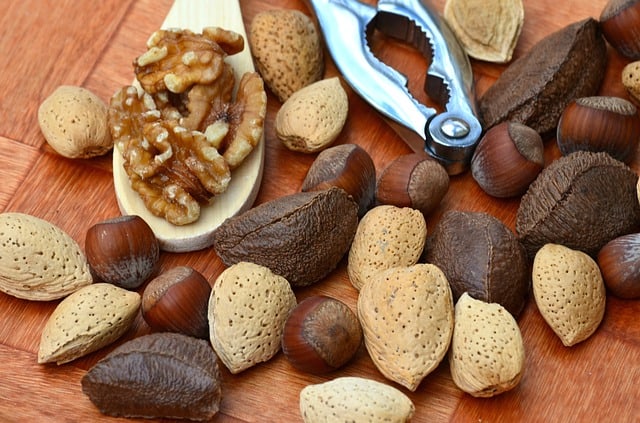A new research study[1] presents that particular dietary regimens may impact rates of mental deterioration.
It appears that the foods we eat have a direct influence on our cognitive acuity in our later years. It is uncertain how long-term food consumption affects Fluid Intelligence among adults with or without a genetic history of Alzheimer’s Disease. Still, greater age-related Fluid Intelligence deterioration escalates the possibility of Alzheimer’s disease.

What was the Goal of the Research Study?
The study aims to monitor how the total diet is linked with long-term cognition among mid-to-late-life populations at-risk and not-at-risk for Alzheimer’s Disease.

What were the Research Methods of the Study?
Among 1,787 mid-to-late-aged adult UK Biobank participants, 10-year Fluid Intelligence trajectories were designed and degenerated onto the total diet based on a self-reported intake of 49 whole foods from the Food Frequency Questionnaire. Participants finished a Fluid Intelligence Test (FIT) and two follow-up assessments (conducted from 2012 through 2013 and again between 2015 and 2016). The FIT analysis gives an idea of an individual’s capacity to think quickly.
Participants responded to questions about their food and alcohol intake at baseline and through two follow-up assessments. The Food Frequency Questionnaire also asked participants about their intake of fruits, vegetables, fish, processed meat, poultry, beef, lamb, pork, cheese, bread, cereal, tea and coffee, beer and cider, wine, champagne, and liquor.
What were the Results and Conclusions of the Findings?
The study results showed that eating cheese and lamb and consumption of red wine improve cognitive functions. Examinations further recommend in risk status-dependent manners that including cheese and red wine to the diet every day and lamb weekly may also enhance long-term cognitive results. Adjusting meal plans may help reduce cognitive decline. The researchers noticed that extra salt might put at-risk individuals at greater risk but did not observe similar interactions among those with genetic history and Alzheimer’s disease.

Recommendations for Fitness Trainees Based on the Research
Regular cheese intake greatly predicted better FIT scores over time. Alcohol of any type daily also showed beneficial effects, and red wine was also helpful. Eating lamb weekly was also associated with enhanced outcomes. Among at-risk groups, adding salt to their diet is associated with depreciated performance. Correct food picks can avert the disease and cognitive decline collectively.
Intentionally changing our diet for the better can reverse the path of Alzheimer’s disease.

References
1. “Genetic Factors of Alzheimer’s Disease Modulate How Diet is Associated with Long-Term Cognitive Trajectories: A UK Biobank Study”

